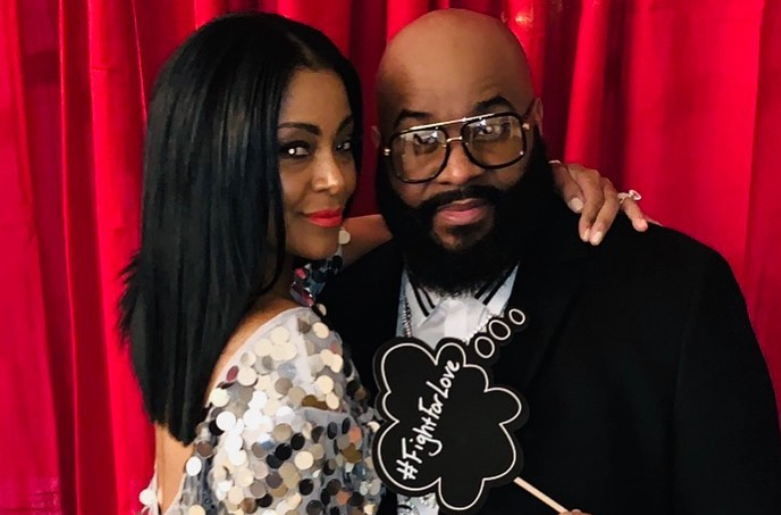

Much less acceptable is the Daniel Ellsberg who has been arrested nearly a hundred times since the end of the Vietnam War, largely for acts of nonviolent civil disobedience against nuclear weapons and other aspects of the warfare industry.Īfter working inside the U.S. Overall, major newspapers and cable news outlets have far preferred to make only sanitized references to Ellsberg as a historic figure.

Outlooks like that are rarely encountered in U.S. He says about the Vietnam War: "It wasn't that we were on the wrong side we were the wrong side." Such lies are the opposite of what Daniel Ellsberg has been illuminating for more than five decades. Moments later, Obama flatly claimed: "When we fight, we do so to protect ourselves because it's necessary." Instead of freaking out about nuclear war, let's do something to prevent it troops in Afghanistan, Obama said: "Let us resolve to never forget the costs of war, including the terrible loss of innocent civilians - not just in Vietnam, but in all wars."

Speaking in May 2012, after he had more than tripled the number of U.S. Two decades later - delivering what the White House titled "Remarks by the President at the Commemoration Ceremony of the 50th Anniversary of the Vietnam War" - Barack Obama did not even hint that the U.S. "And, by God, we've kicked the Vietnam syndrome once and for all." "It's a proud day for America," Bush said. His exultation came after a five-week air war that enabled the Pentagon to kill upwards of 100,000 Iraqi civilians. military might after the Vietnam War had at last been vanquished. In early 1991, the first President Bush triumphantly proclaimed that reluctance to use U.S. Bush ordered the 1989 invasion of Panama. Ronald Reagan ordered the 1983 invasion of Grenada, and George H.W. "We went to Vietnam without any desire to capture territory or to impose American will on other people," Jimmy Carter declared soon after entering the White House in early 1977. "We went there to defend the freedom of the South Vietnamese." During the next decade, presidents ordered direct American military interventions on a much smaller scale, while the rationales were equally mendacious. The dominant spin has been dismal and bipartisan. Embassy's roof in Saigon on April 30, 1975, the retrospective meaning of the Vietnam War has been a matter of intense dispute. And so, ever since the final helicopter liftoff from the U.S. In just a few words - "Those who control the present, control the past and those who control the past control the future" - George Orwell summed up why narratives about history can be crucial.


 0 kommentar(er)
0 kommentar(er)
